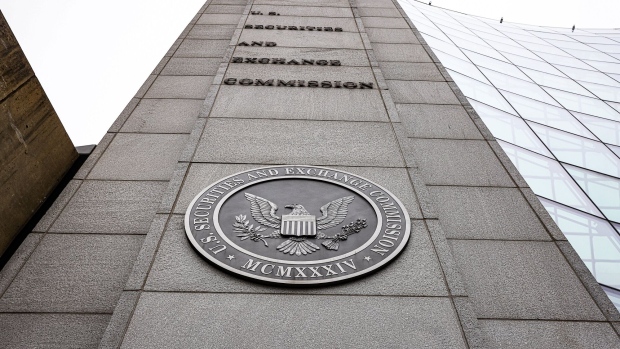Mar 13, 2024
Genesis, Gemini Must Face SEC Suit Over Crypto ‘Earn’ Program
, Bloomberg News

(Bloomberg) -- The Securities and Exchange Commission can proceed with its suit accusing Gemini Trust Co. and bankrupt cryptocurrency lender Genesis Global Capital of illegally offering unregistered securities through their interest-paying Gemini Earn product.
US District Judge Edgardo Ramos in New York on Wednesday denied a request to throw out civil claims the SEC filed in January 2023. The agency is seeking an order barring Gemini and Genesis from selling unregistered securities, requiring them to give up money they illegally earned from the program plus civil penalties.
Earn allowed customers to lend their cryptocurrency to collect interest. The defendants argue that the transactions are loan agreements that don’t constitute securities under US law.
Ramos said that, according to the SEC’s complaint, Earn met the US Supreme Court’s test for a security because customers were investing in a common enterprise and had a reasonable expectation of profit. Therefore, the SEC “plausibly alleges that defendants offered and sold unregistered securities through the Gemini Earn program,” the judge said.
That same test has been used by other judges to determine whether digital assets themselves are securities, though courts have reached different conclusions.
Genesis filed for bankruptcy soon after the SEC filed suit. Gemini Trust Co., the crypto exchange founded by twins Cameron and Tyler Winklevoss, last month agreed to return at least $1.1 billion to customers through the Genesis bankruptcy as part of a settlement with the state of New York.
Wednesday’s ruling allows both sides to go forward with pretrial evidence gathering. The companies may try again to have the case thrown out once they have exchanged records and taken pretrial deposition testimony from witnesses.
The case is Securities and Exchange Commission v. Genesis Global Capital LLC, 23-cv-00287, US District Court, Southern District of New York (Manhattan).
©2024 Bloomberg L.P.





